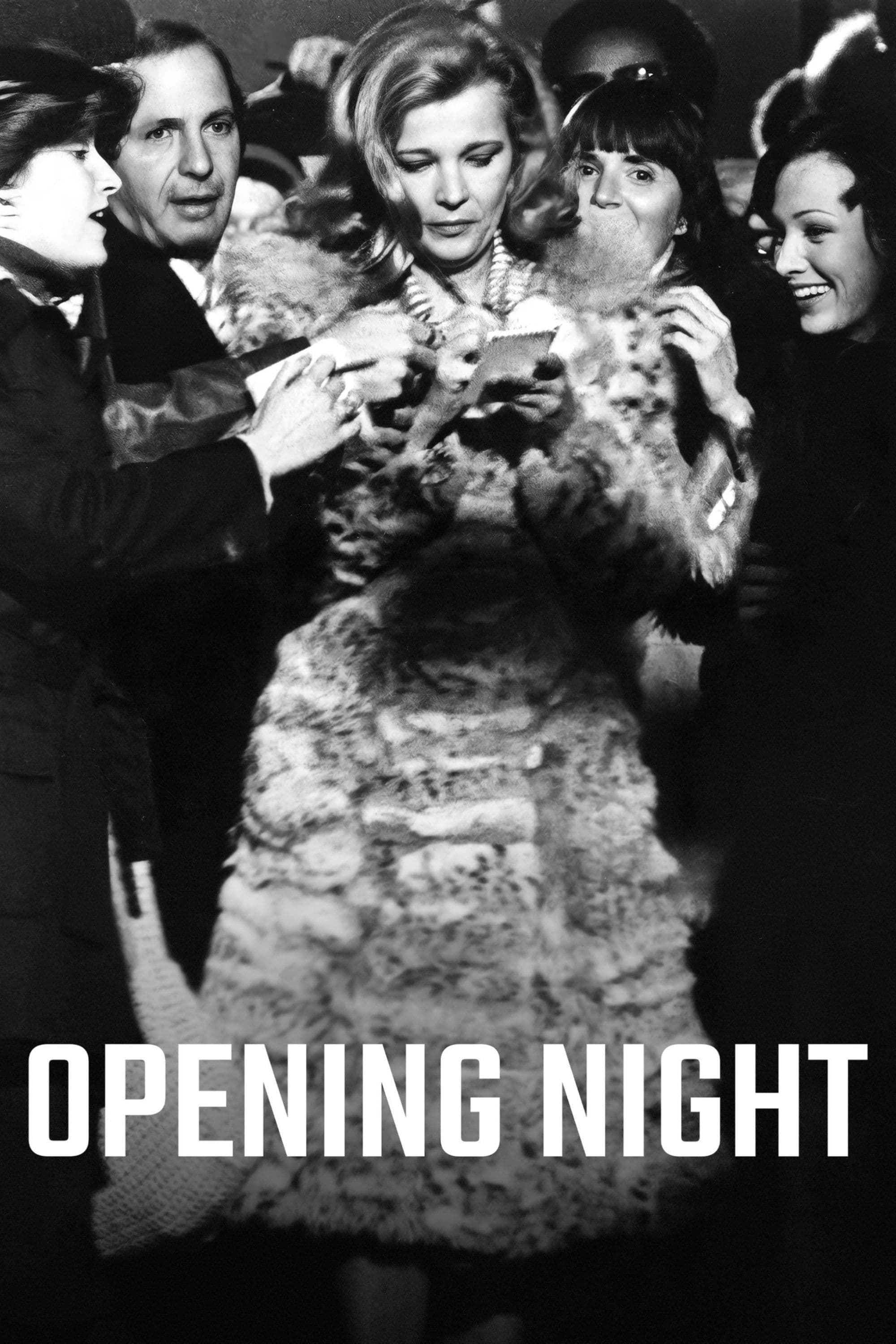
Opening Night
1977
Rate this movie
Average: 0.00 / 5
(0 votes)
Director
A work in which Cassavetes pays homage to theater and, indeed, decrees its ontological absoluteness in the face of an external reality where the burden of an encroaching hostility often becomes unbearable. Cassavetes' cinema is always a ruthless investigation into the human soul, an unstoppable probe into the most uncomfortable and unfiltered truth of experience. Here, his camera turns towards the stage, not as a mere backdrop, but as a fiery crucible where existence itself is refined, questioned, and, paradoxically, laid bare. Unlike many filmmakers who sought refuge in cinematic escapism, Cassavetes, the maverick par excellence, always perceived the external world as an emotional battlefield, a place where the individual is constantly besieged by social conventions, suffocating expectations, and the inherent brutality of interpersonal relationships. Theater, in this context, is not just a sanctuary or an escape, but an arena of authenticity where identity can be deconstructed and reconstructed, a place of truth perhaps purer than that offered by a social life steeped in fictions. It is a bold assertion: art does not merely imitate life, but transcends it, offering a form of 'augmented reality' where daily tensions reach an epic catharsis, or collapse.
A divine Gena Rowlands joins him in this project and, through a truly gigantic performance, almost eclipses his greatness. Gena Rowlands, the muse par excellence and life partner of Cassavetes, does not merely 'join' the director; she defines the pinnacle of this dissertation on performance and existence. Her Myrthe Gordon is a monument of fragility and strength, a volcanic eruption of neurosis and vulnerability that sculpts every frame. It is not just a performance; it is a cathartic experience for the viewer, an immersion without a net into an emotional abyss. Cassavetes' greatness, in fact, is not 'obliterated' in the sense of annulled, but almost reprocessed and sublimated through her performance, elevating the film to unprecedented heights. Their artistic and personal synergy, unique in the history of cinema, shines through in every frame, making Rowlands' performance not just an interpretation, but almost an open confession. Her work here, no less than in seismic masterpieces like A Woman Under the Influence, is a lesson in organic, visceral acting, where every tic, every hesitation, every lost gaze reveals layers of a fragmented soul. It is a performance that defies definition, situated beyond technique, in the realm of pure feeling, of pure exposure.
The story is that of Myrthe, an aging theater actress who learns of the death of a fan. The woman will begin to suffer the consequences of the incident through unsettling dreams, hallucinations, and apparitions. The death of Nancy, the young fan crushed by a car after a show, is not a mere narrative device; it is the spark that triggers Myrthe's psychological collapse. This traumatic event acts as a catalyst, dismantling the defenses of an actress already worn down by time and profession, by years spent 'lending' her soul to countless characters. It is a brutal warning about the fragility of life, the fan's obsession, and, ultimately, the invisible burden that performance imposes on the artist. The dreams that haunt her, the hallucinations that distort reality, and the ghostly apparitions of the dead girl are not merely manifestations of a post-traumatic disorder; they are gateways through which Myrthe's unconscious pours onto the stage of her mind her deepest fears: aging, loss of relevance, the fragility of the boundary between being and acting. Cassavetes, with his mastery of capturing life's irregularity, renders these visions not as gratuitous special effects, but as palpable extensions of her disintegrating psyche, almost an externalization of her unsettling doppelgänger.
At the same time, the actress is seized by a nervous breakdown due to the overly oppressive tone of her new play. Myrthe feels irrevocably entangled in the character she is embodying, which drags her into a slow maelstrom of madness. She will try in every way to exorcise her alter ego by improvising and changing lines of the script. Further complicating the picture, the play Myrthe is rehearsing, "Memories of a Love," is a cruel metaphor for her own life, a script that reflects with merciless accuracy her fears about aging, solitude, and soul-weariness. The play is not merely 'oppressive' due to its melancholic tone, but also because it forces Myrthe to confront an amplified and distorted version of her own existence. The actress feels not only a prisoner of the role, but devoured by it, her authentic 'self' sucked into a vortex of pathological identification. Her rebellion – improvisation, changed lines, an increasingly erratically personal performance – is a desperate attempt to regain control, to bring the character back to her own essence, or perhaps to make it express the inexpressible. It is a titanic struggle between the artist and the work, between spontaneity and imposed fiction, an implicit homage, perhaps, to Cassavetes' own methodology, who often encouraged his actors to explore the boundaries between themselves and their roles, sometimes pushing them to the limit.
Her co-star comes to her aid, a man for all seasons who, among other duties, also serves as her lover. In this crescendo of disorientation, the figure of Manny Victor emerges, portrayed with a perfect blend of patience and frustration by John Cassavetes himself. Manny is not the classic hero; he is a pragmatist, a man grounded in reality, who desperately tries to keep Myrthe tied to the concrete world of theater and professionalism. Their relationship, imbued with emotional weariness and a resilient yet complex love, is the necessary counterpoint to Myrthe's drift. It is he who, with his constant presence and gruff affection, tries to bring her back to reason, to mend the rift between the woman and the actress. His function is that of a bridge, a dam against chaos, but also a symbol of the solitude the artist experiences, even when surrounded by loved ones. His 'mask' as a handyman, capable of managing both artistic whims and personal crises, reflects the multifaceted nature of human relationships in an environment where life and work are inextricably linked.
A splendid film that splits reality and fiction only to merge them in a process of slow mystification. The viewer is overwhelmed by the three planes that endlessly intersect: reality, theater, and dream. Finally, there is the reflection on the alter ego that reverberates from the actor, leading him to experience multiple personalities. Like in a prism, the actor's self shatters into myriads of reflections, each of which is a piercing question awaiting an answer. "Opening Night" is, ultimately, a bold meta-cinematic and meta-theatrical exploration. It does not merely split reality and fiction, but fuses them into an indistinguishable amalgam, a process that is less a 'slow mystification' than a brutal deconstruction of identity. Cassavetes, through his deliberately 'dirty' direction, with tight close-ups and editing that rejects conventional fluidity, immerses us in a limbo where boundaries dissolve. The viewer is not just 'overwhelmed' but almost assaulted by these three planes – Myrthe's agonizing daily life, the fiction of the play, and the dreamlike and hallucinatory subconscious – which intersect not endlessly, but at a single, suffocating point of fusion.
The film thus becomes an essay on the nature of performance, not just artistic but existential. The reflection on the alter ego, on the doppelgänger, is the pulsating heart of the drama. The actor, in this sense, is the supreme paradox: one who is called to embody infinite personalities, but in doing so risks losing their own. It is an echo of Pirandello's theories on the veil of appearances, but transposed with the visceral nature of American independent cinema, with almost Artaudian references in its search for a theater that shakes and disrupts. The actor's self, like a shattered prism, fragments into myriads of reflections, each of which is a piercing question about authenticity, the cost of creation, the solitude inherent in those who make expression their life. It is a film that offers no easy answers, but poses burning questions about our fluid identity, about the mask we wear every day, and about the price we pay for playing our role in the great theater of life. Above all, Opening Night is a work that challenged the conventions of its time, initially met with incomprehension by critics often unprepared to decode the director's raw and authentic language. Today, its stylistic audacity and thematic depth make it a pillar of independent cinema and a precursor to many subsequent movements, demonstrating how true art, however uncomfortable, always finds its resonance across generations. Its legacy lies precisely in this ability to capture the dissonance between what we are and what we are forced to show, making "Opening Night" an enduring classic for anyone who questions the nature of art and the psyche.
Genres
Country
Gallery
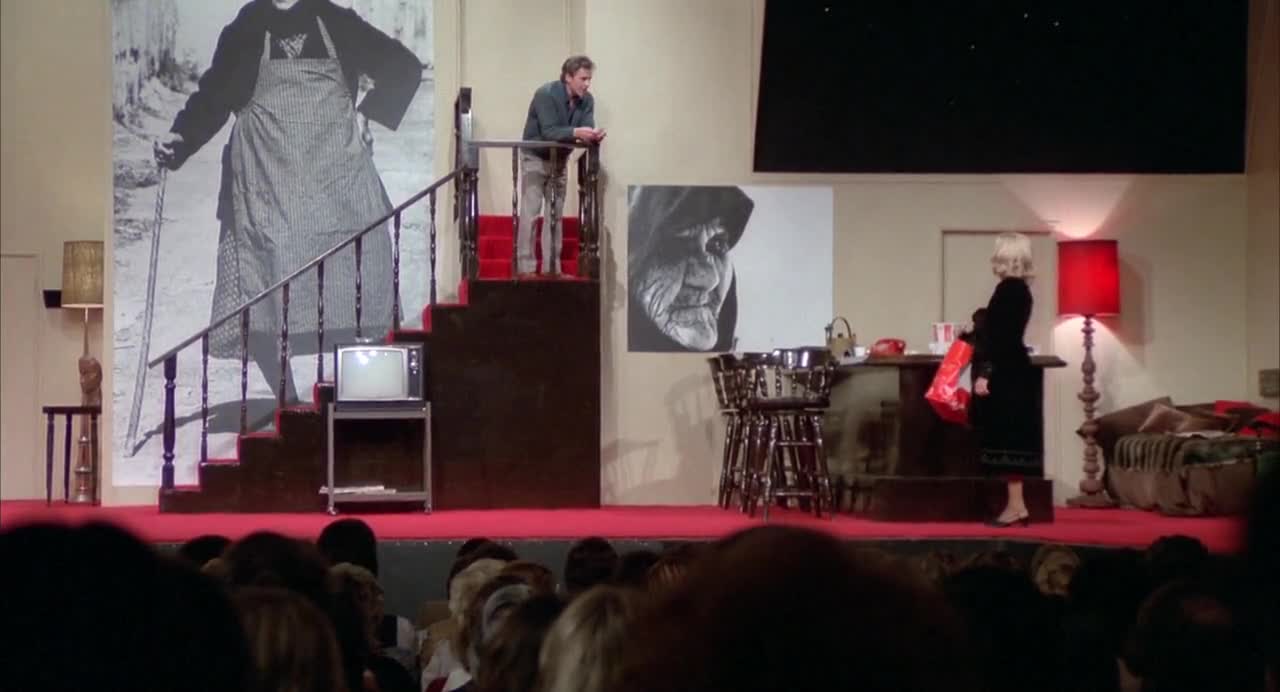
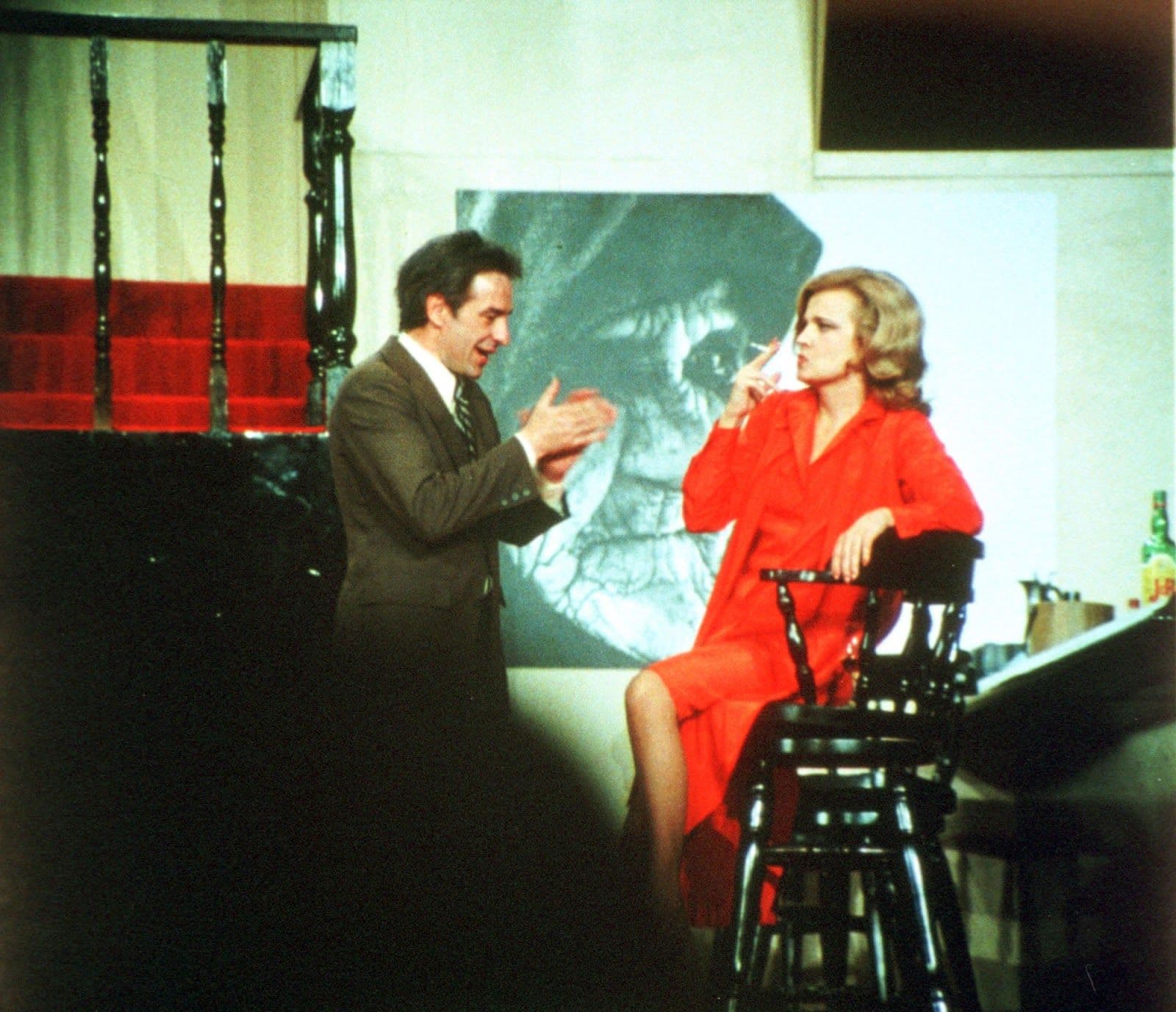

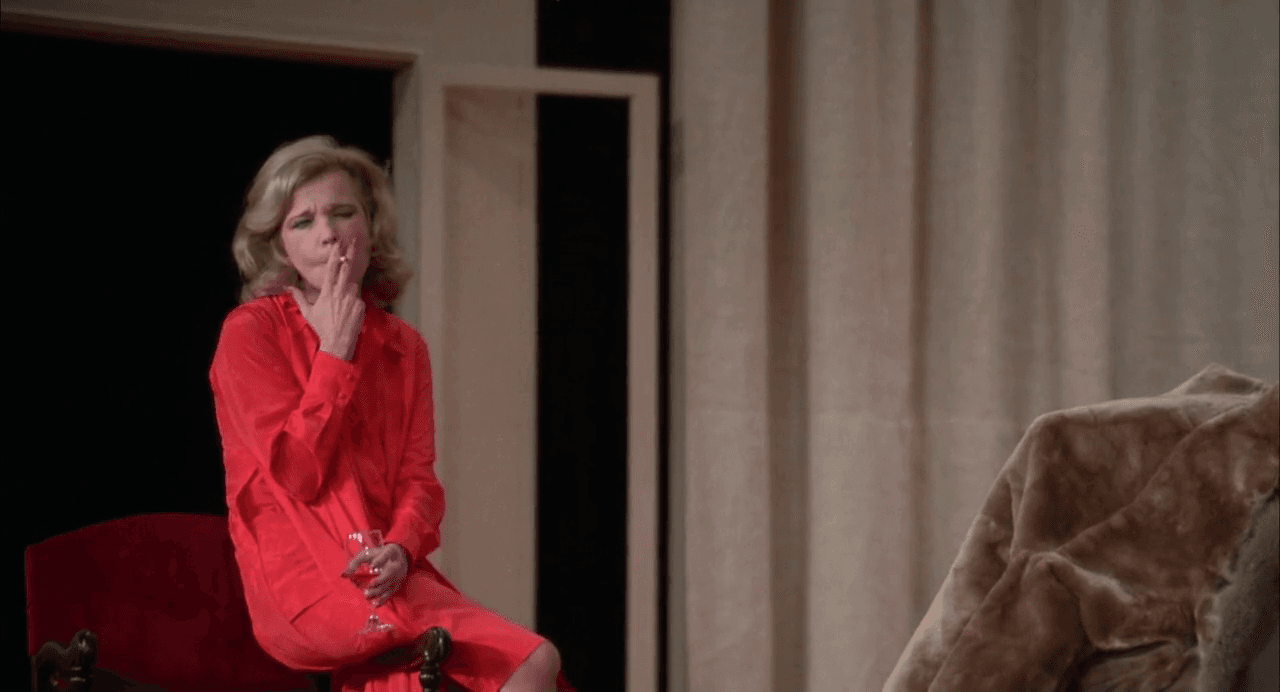
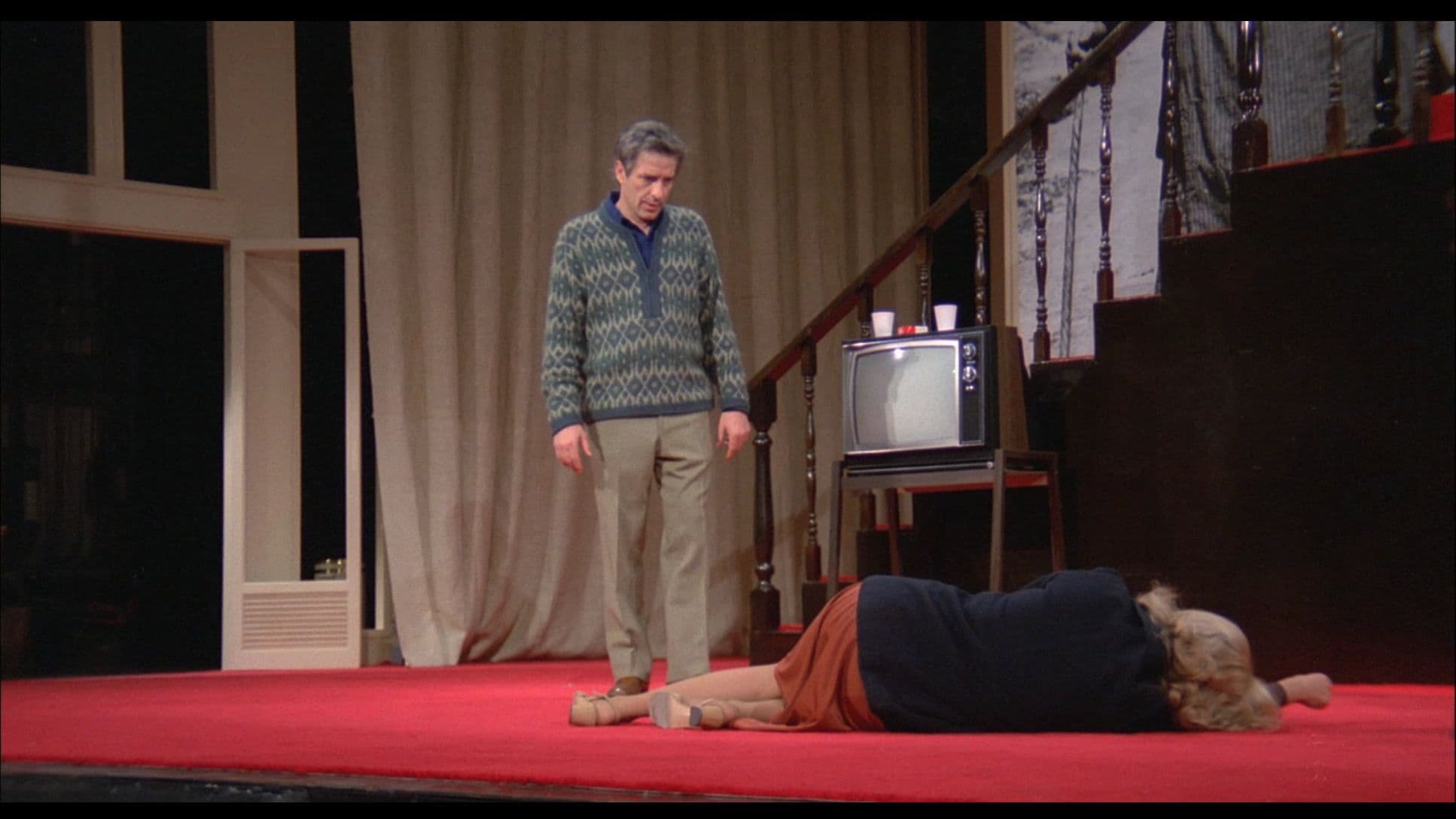
Comments
Loading comments...